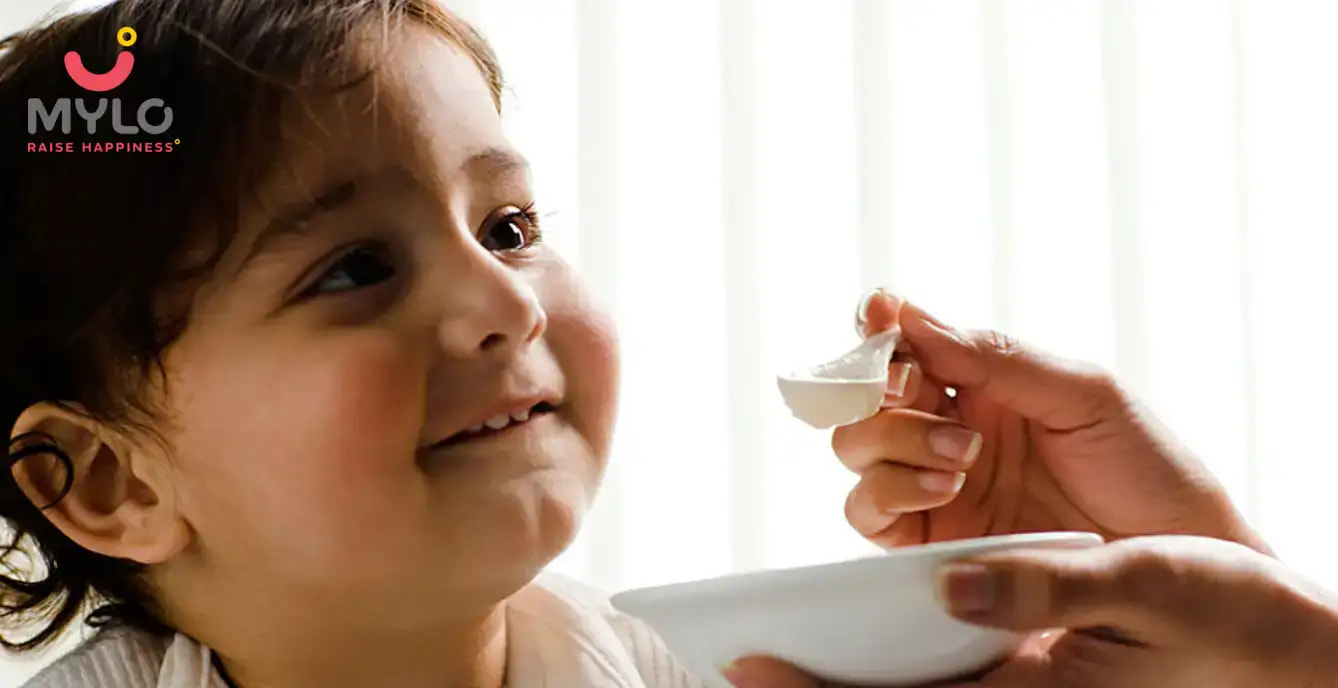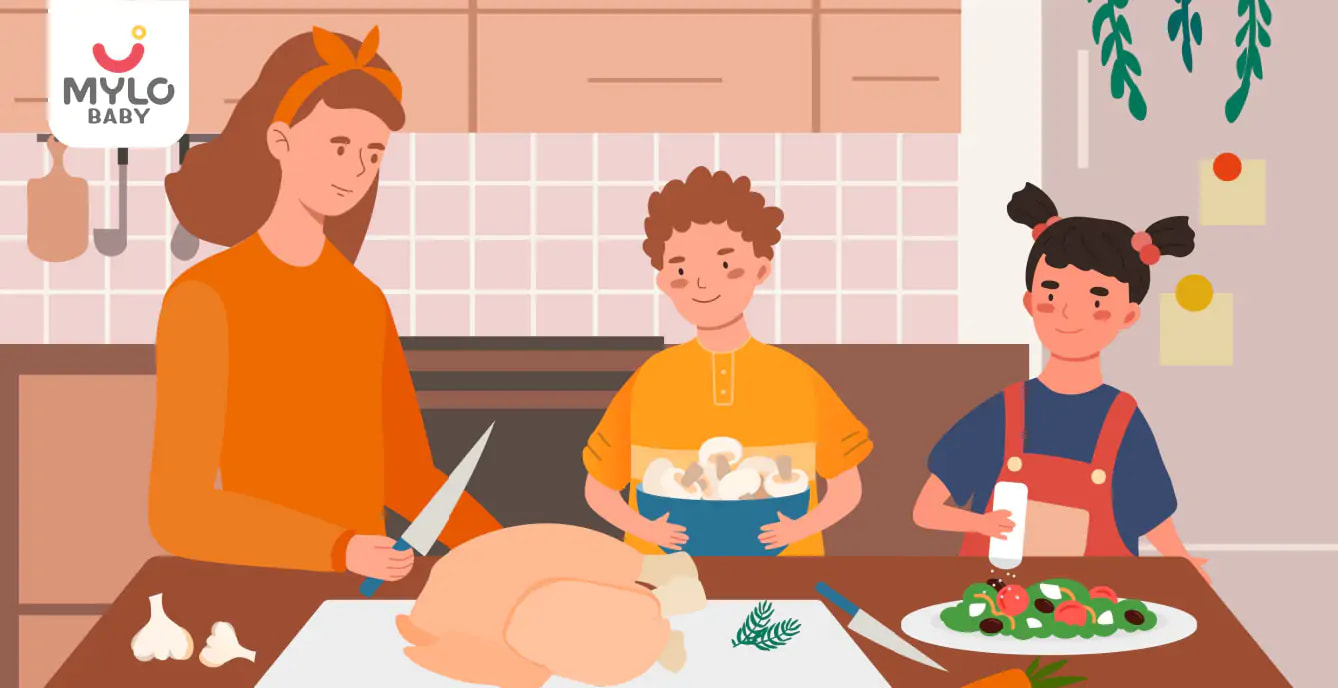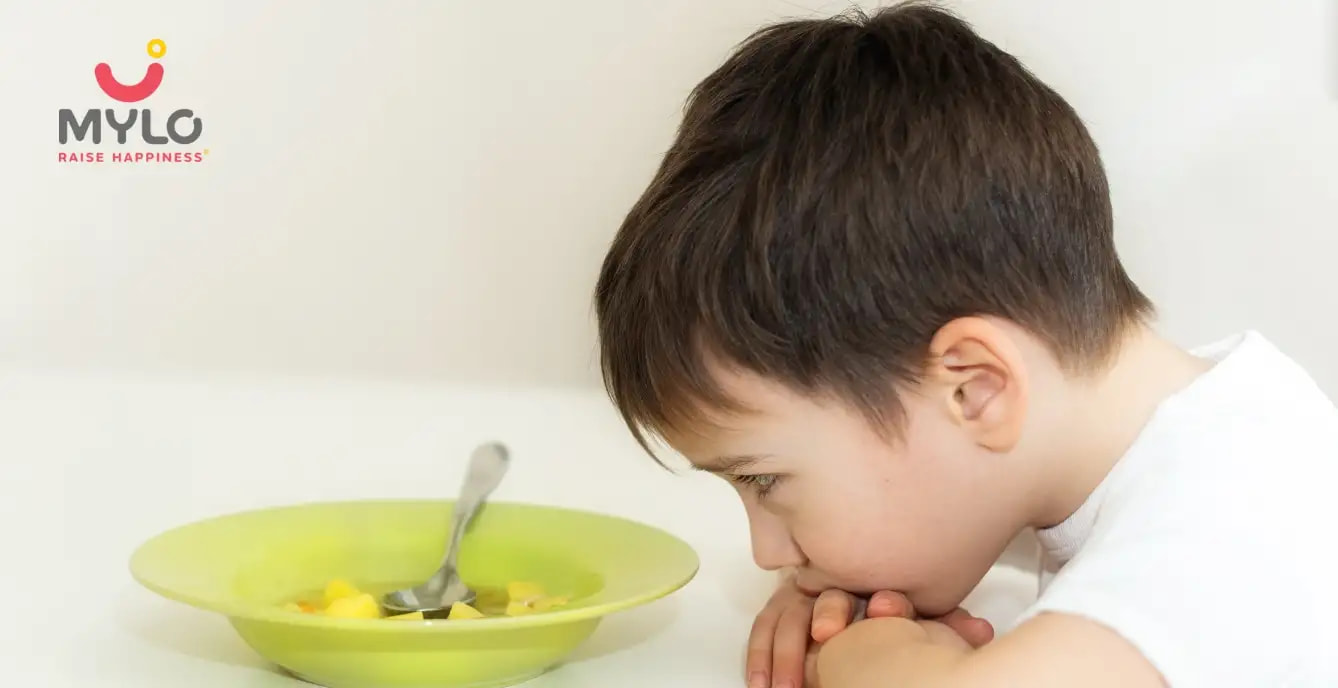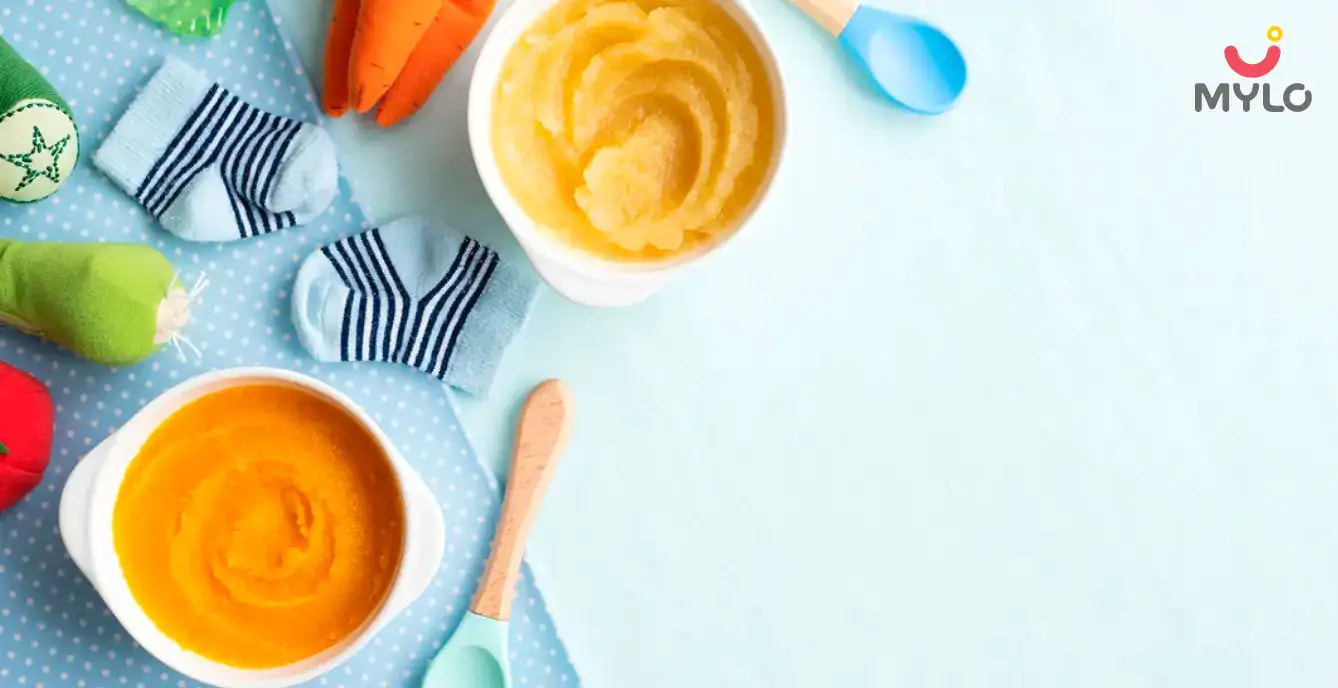Home

Parenting Tips

My toddler only eats when she is on my lap
In this Article
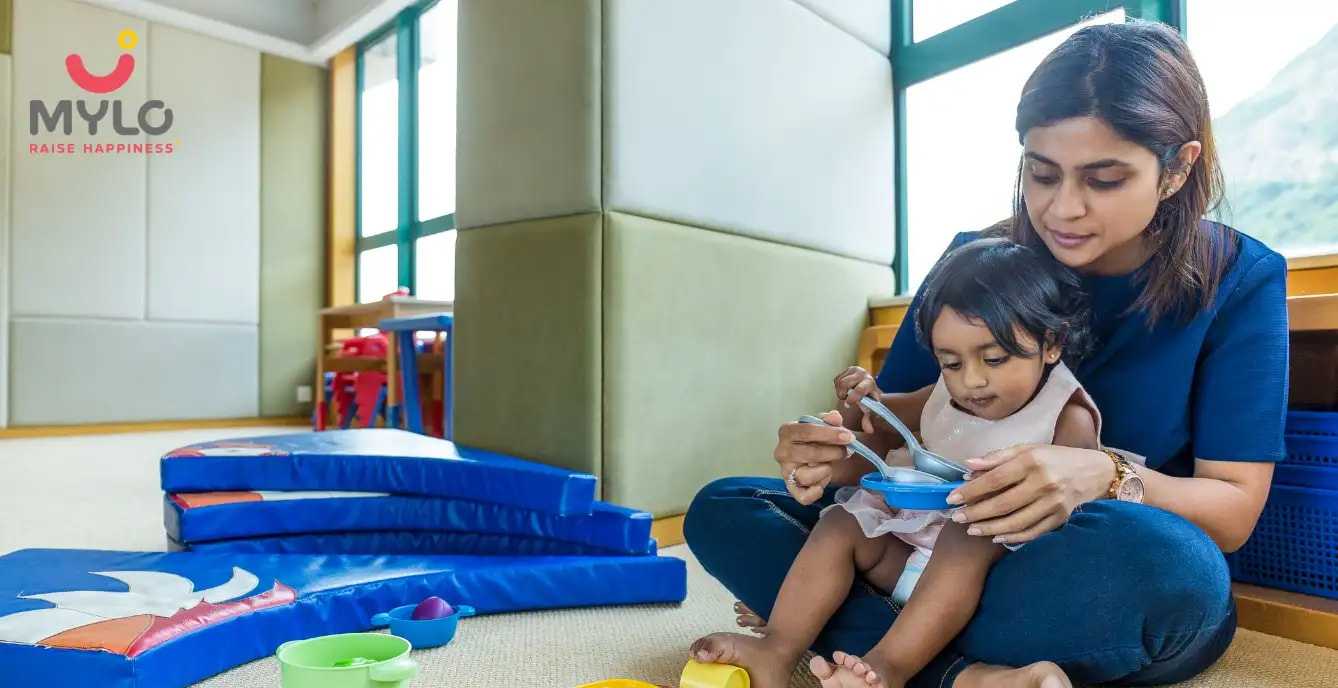
Parenting Tips
My toddler only eats when she is on my lap
Updated on 8 April 2022
The first step is to figure out why your toddler prefers your lap to her own seat. Does she want the proximity to you or is it that she doesn't like her seat?
Here are a few things you can try to encourage your toddler to sit on her seat:
- Give her plenty of lap time between meals : Perhaps your child wants to sit on your lap during meals because she doesn't get to spend enough time there between meals. Maybe she's looking for attention, especially if you're a working mum. If it is mummy time she craves, give her your attention outside mealtime. Try offering her a place on your lap while she plays with toys, or as a cozy spot to lounge when she needs a break. We have plenty of tips and fun things for you to do when you're together.
- Focus on her eating : If you're anxious about your toddler's food consumption, you may unknowingly encourage the eating-on-your-lap routine simply because she eats more that way. If so, think about why she does better there. Perhaps she rejects her booster seat or chair because it puts her "on stage" and subject to your inducements to eat more. In this case, you can't deal with the issue until you address your own worries.
Let your child know that it's up to her to eat (or not to eat), and don't push food at her. Of course, it's possible the moment you stop pushing, she'll eat less. But your child won't starve herself and eventually, she will learn to feed herself and fill her tummy. - Bring back her highchair : Many toddlers are still too little to safely use a booster seat or chair, so your child may feel unsteady in hers, hence her desire to sit elsewhere. Getting her old highchair out of storage may be all it takes to solve the problem. You could also try buying a new feeding chair or any toddler size furniture, such as a colourful chair or a table that your toddler would love to sit on and eat. This will also make her feel independent.
- Try a different arrangement: Shaking up your toddler's mealtime routine may help to get her off of your lap. Consider feeding her while she sits in a toddler-sized chair at a small, low table (a coffee or craft table, for instance). Serve a variety of finger foods that she can handle by herself with ease. Let her eat with her father on some days while you busy yourself elsewhere in the house. Or regularly invite cousins or another mum and toddler over for company. If you do, you may just help your toddler find a new routine that feels as comfortable to her as your lap did in the past.
- Eat meals together : If your child's mealtimes are usually different to yours, all sitting around the table together to eat might help. Your child will learn by seeing you and the rest of the family do things a certain way.
- Work with other caregivers: If she's doing the same thing with her grandparents or any other caregivers, such as a live-in maid it may help to set some rules. It's important that everyone caring for her follows the same feeding routine. Often grandparents narrate stories during mealtime with the little one on their lap. This is an age old technique to hold a child's attention. Perhaps that's what interests her and she's hoping to hear a story from you while she eats. You could encourage your toddler to eat a meal first and then follow it up with a story. You could ask your mother-in-law or father-in-law to take turns and tell your toddler a story after her meal is over.
- Reassure her if there's a new sibling in the house: Toddlers may seem to regress on skills they have learnt when a new sibling arrives. If she sees you feeding your new baby in your lap, she probably thinks it's acceptable for her too. It's natural for your eldest to feel jealous. After all, she suddenly has to share you.
Acknowledge her feelings by putting them into words. You could say: "Your little sister cries a lot and takes up lots of Mummy’s time, doesn't she? Sometimes I bet you wish she could eat her dinner by herself!" This may help her to understand that you're aware of her point of view.
Try to set aside time each day to do something with just her. Show your toddler pictures of her as a baby, and tell her that she once needed lots of special care, too.
As you change her feeding routine, give her foods you know she likes. It may help to ease up on battles over food for a while.
With time, you're bound to see a change. You toddler might even pick her own favourite plate, placemat or chair and look forward to eating independently.



Written by
Priyanka Verma
Priyanka is an experienced editor & content writer with great attention to detail. Mother to an 11-year-old, she's a ski
Read MoreGet baby's diet chart, and growth tips

Related Articles
Related Questions
Influenza and boostrix injection kisiko laga hai kya 8 month pregnancy me and q lagta hai ye plz reply me

Hai.... My last period was in feb 24. I tested in 40 th day morning 3:30 .. That is faint line .. I conculed mylo thz app also.... And I asked tha dr wait for 3 to 5 days ... Im also waiting ... Then I test today 4:15 test is sooooo faint ... And I feel in ma body no pregnancy symptoms. What can I do .

Baby kicks KB Marta hai Plz tell mi

PCOD kya hota hai

How to detect pcos

RECENTLY PUBLISHED ARTICLES
our most recent articles

Fetal Heartbeat
What is the need for electronic fetal heart monitoring during pregnancy, labor, and delivery?
Constipation
Constipation in babies: Symptoms and Cure
Childproofing
Childproofing checklist: Before your baby crawls

Pregnancy
Home essential medical kit for Corona.
Best Sleeping Positions
How to have a safe sleep during your pregnancy and what are the best sleeping positions?
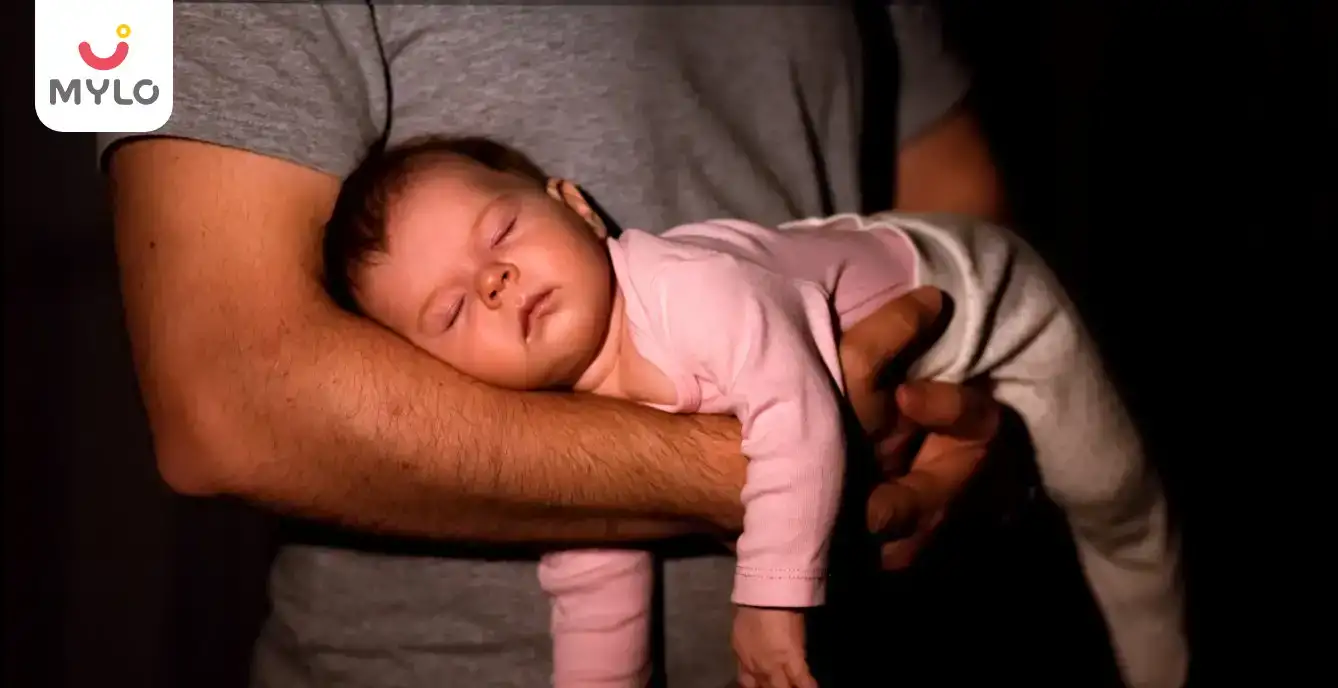
Role Of A Father
Being a new dad how can I comfort my newborn baby in the middle of the night?
- Numerous reasons for having 1 in million life partner
- Massaging your baby is not the best idea according to doctors
- jyadatar babys ko hone vali problems ka solutions
- Sharing responsibilities with your partner
- Ovulation- Few easy ways to detect your most fertile time
- Major Milestones and Tips to manage your 8-month-old baby
- 7 Advantages of Being a New Mom
- Are you wondering when can you start feeding finger foods to your baby? Here's a complete guide.
- Learn all the important do’s and don’ts of hosting a baby shower.
- Make an interesting diet chart for your 11-months-old baby
- Know more about Infant developmental milestones for 7-12 months old.
- Water breaking: What it feels like.
- Golden tips of Ayurveda for pregnant women to keep the spirits high
- What is Preeclampsia?


AWARDS AND RECOGNITION

Mylo wins Forbes D2C Disruptor award

Mylo wins The Economic Times Promising Brands 2022
AS SEEN IN

- Mylo Care: Effective and science-backed personal care and wellness solutions for a joyful you.
- Mylo Baby: Science-backed, gentle and effective personal care & hygiene range for your little one.
- Mylo Community: Trusted and empathetic community of 10mn+ parents and experts.
Product Categories
Baby Carrier | Baby Soap | Baby Wipes | Stretch Marks Cream | Baby Cream | Baby Shampoo | Baby Massage Oil | Baby Hair Oil | Stretch Marks Oil | Baby Body Wash | Baby Powder | Baby Lotion | Diaper Rash Cream | Newborn Diapers | Teether | Baby Kajal | Baby Diapers Pants | Cloth Diapers | Laundry Detergent | Lactation Granules |



